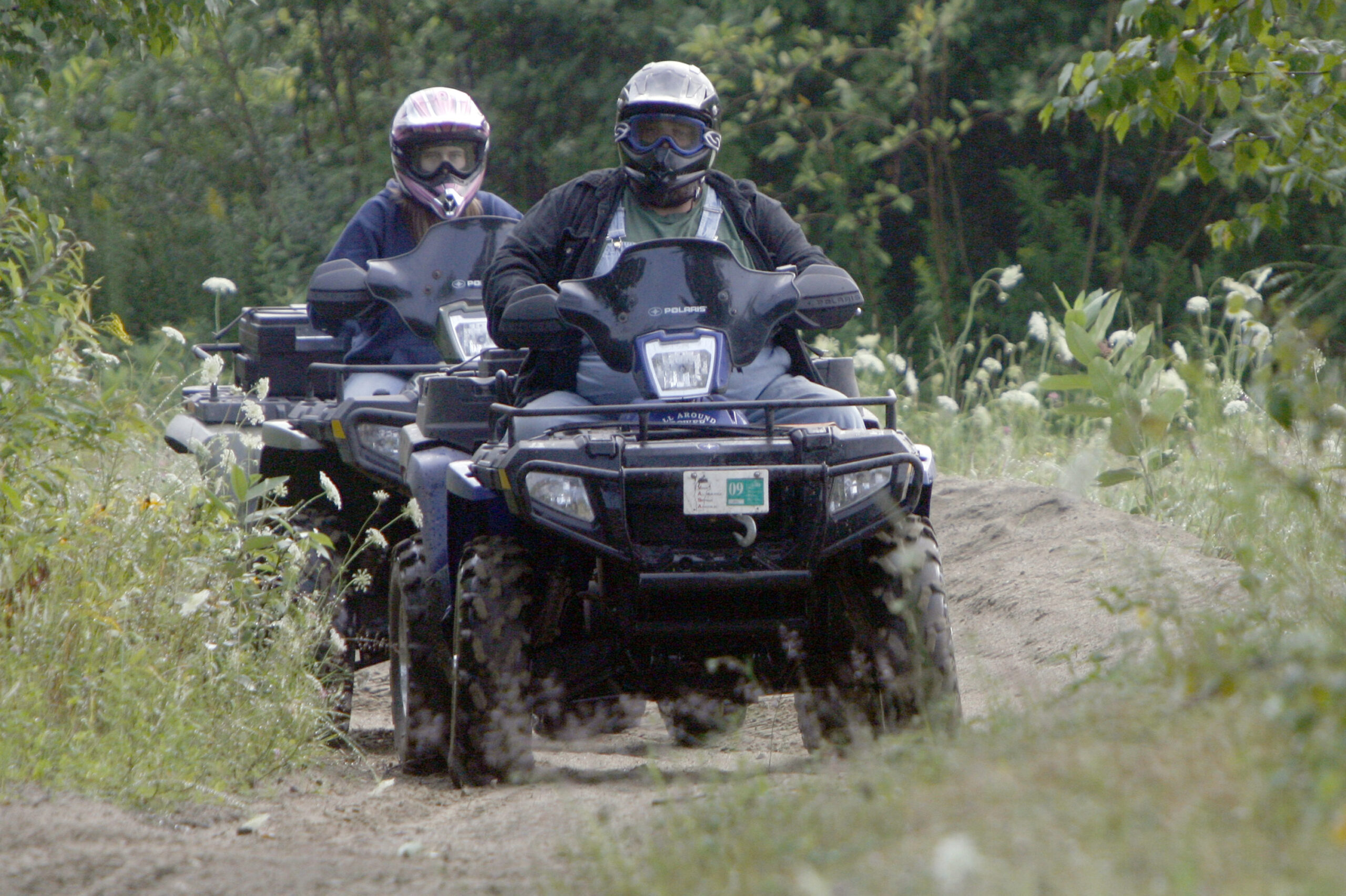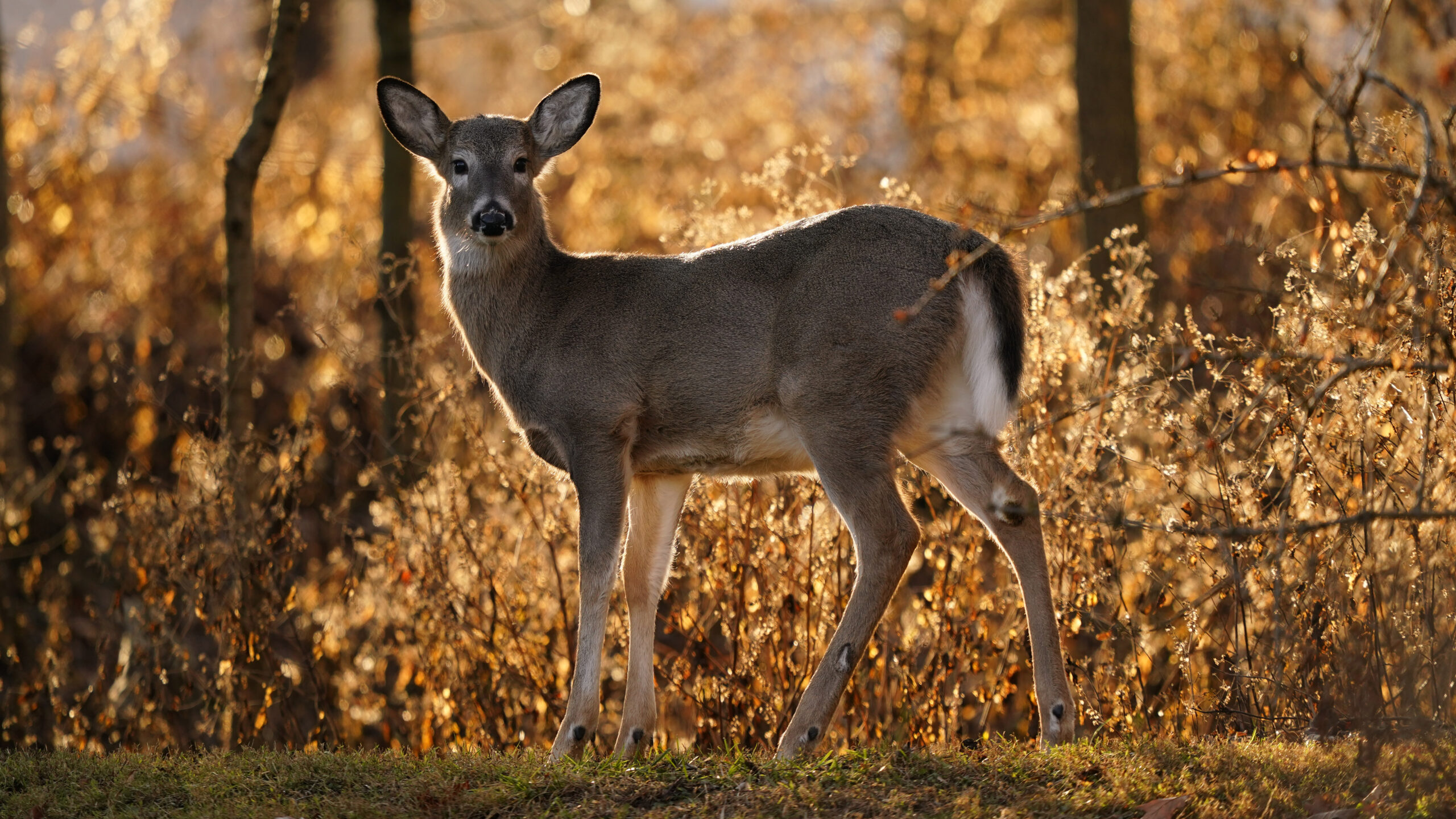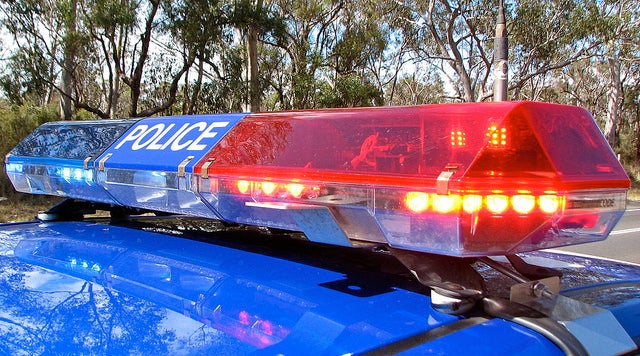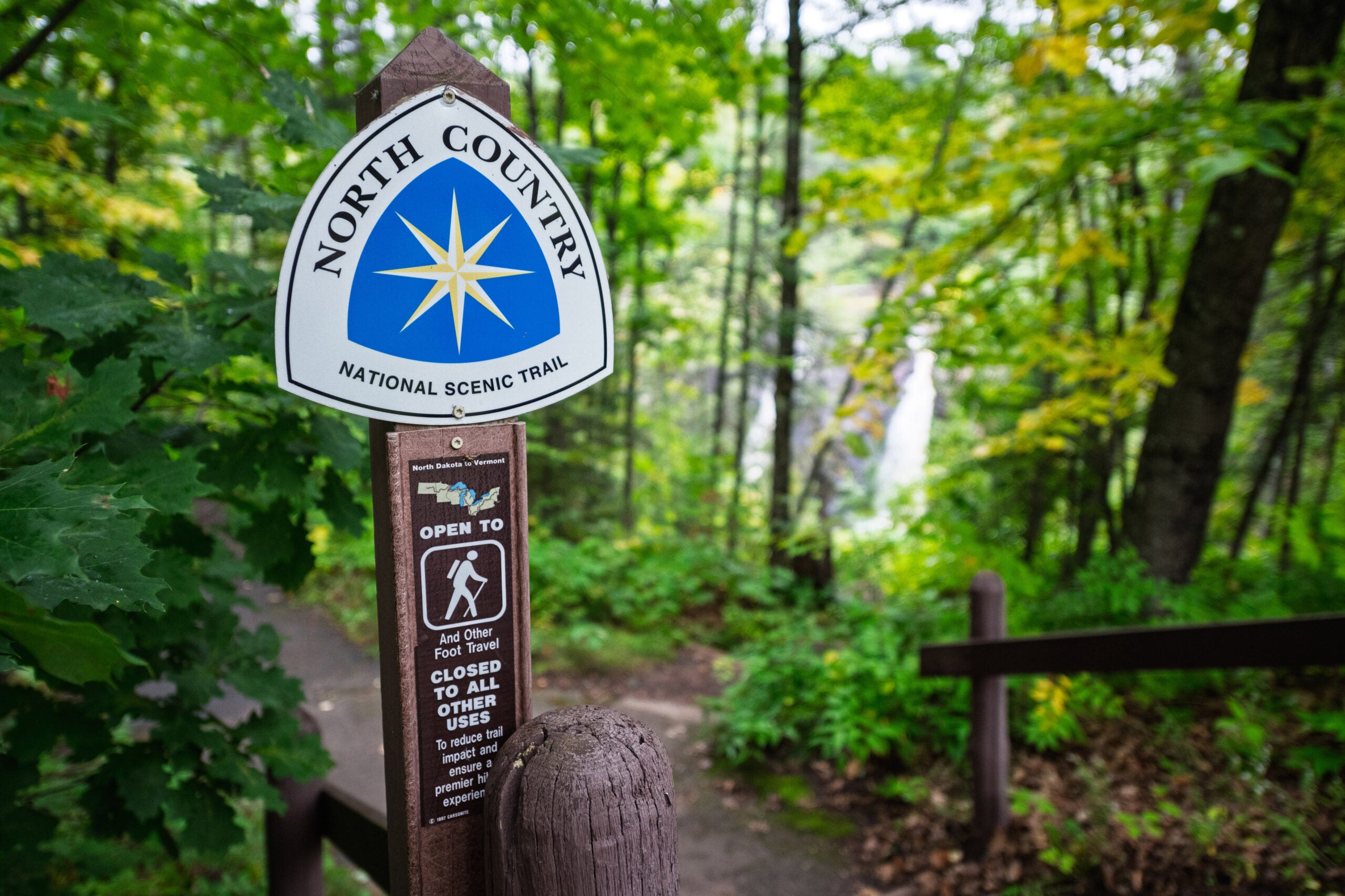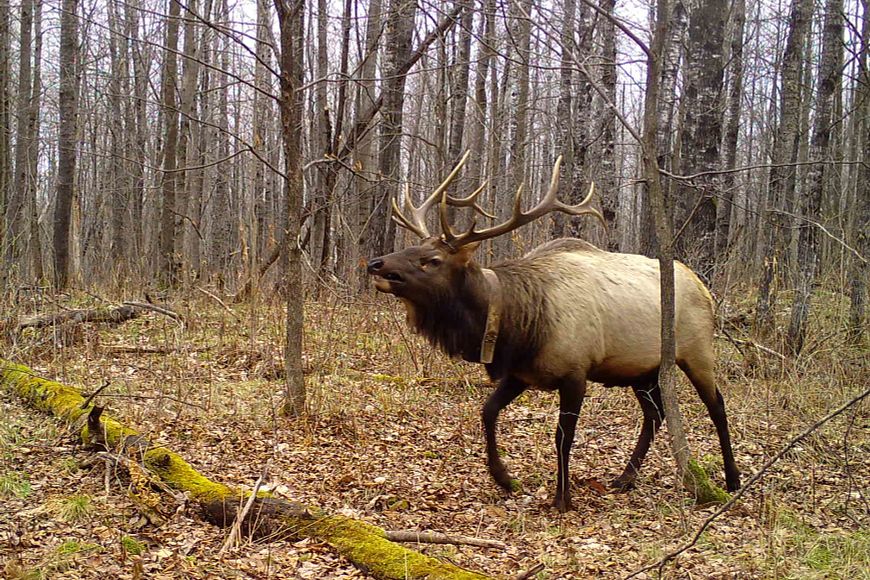The state Department of Natural Resources’ board has approved two new rules regarding motor sport trails and processes related to dropping population restrictions on elk hunts.
As for motor sport trails and roads, the board has approved creating dozens of miles of motor sport trails within the popular Northern Highland-American Legion State Forest.
The board unanimously approved an amendment to the forest’s master plan Wednesday.
News with a little more humanity
WPR’s “Wisconsin Today” newsletter keeps you connected to the state you love without feeling overwhelmed. No paywall. No agenda. No corporate filter.
The amendment calls for:
- Developing up to 36 miles of off-road motorcycle trails in the forest.
- Designating up to 205 miles of existing forest roads as ATV routes.
- Developing tours for dual-sport motorcycles and four-wheel drive trucks on existing forest roads.
- Adding 38 new campsites with water access, five miles of hiking trails, 50 miles of mountain biking trails, 20 miles of fat-tire biking trails and 60 miles of bicycle touring trails.
The 232,000-acre forest stretches across parts of Vilas, Oneida and Iron counties.
State Parks Director Ben Bergey said campers will enjoy the increased water access.
“People want to take the kayak or canoe and get to a remote location, and this plan increases that by 38 sites,” Bergey said.
At the same meeting Wednesday, the DNR board authorized the agency to start working toward dropping population restrictions barring an elk hunt.
The DNR has been importing elk from Kentucky to bolster a herd in Ashland County and establish a second herd in Jackson County with the ultimate goal of setting up a hunting season.
DNR rules prohibit a hunt until the Clam Lake herd in Ashland County grows to at least 200 and the Black River herd in Jackson County gets to 150. The Ashland County herd stands around 180 and Jackson County around 60.
DNR officials have proposed eliminating the population minimums, saying they’re arbitrary and they can manage the herds with science.
Hunting permits would be limited to 5 percent of the total elk population.
The DNR board authorized the agency Wednesday to begin the process of dropping the minimums from the rule, starting with public hearings, and proceeding with the plan to use scientific data on herd structure, winter severity and other factors to determine if a hunt should go ahead.
The DNR’s Kevin Wallenfang said the agency is not being pressured into a hunt of the animals that were re-introduced to Wisconsin.
“We’re not being pressured by anyone,” Wallenfang said. “I mean, there is a mentality out there that this whole effort will not be valid until a hunt takes place, and that in a lot of people’s mind is kind of the next step.”
He said there is no target date to begin an elk hunt.
Editor’s Note: This story was last updated at 3:52 p.m. Wednesday, Oct. 25, 2017, with additional reporting by WPR.
Wisconsin Public Radio, © Copyright 2026, Board of Regents of the University of Wisconsin System and Wisconsin Educational Communications Board.
